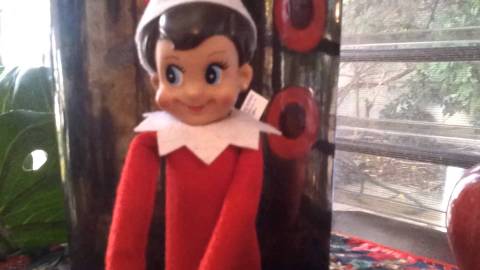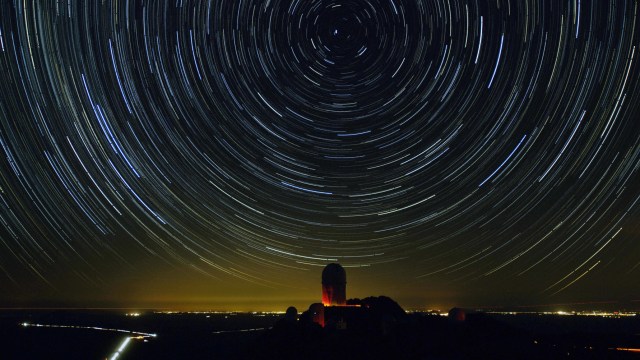This Popular Christmas Doll May Make Children Fear Christmas More than Love It

With Thanksgiving behind us, Christmas carols and traditions will take center stage as kids spend the next month hoping they’ll make the Nice list and thus ensure they get their seasonal wishes. Santa as an arbiter of “niceness” has long been a traditional aspect of his modern appeal. Back in 1934, John Frederick Coots and Haven Gillespie’s song, “Santa Claus is Coming to Town” taught us that,
“He sees you when you’re sleeping,
He knows when you’re awake.
He knows if you’ve been bad or good,
So be good for goodness sake!”
It’s all well and good, and many parents have surely played with the notion of Christmas as a time when children should be on their best behavior lest they be caught by Santa being naughty. But “The Elf on the Shelf,” a toy a little over a decade old, has radically changed that narrative, making those 1930s lyrics feel all the more real.
The toy, created in 2004 by Carol Aebersold and daughter Chanda Bell, is billed as one of Santa’s “scout elves.” As the toy’s site notes, “During the Christmas season, the elves are adopted by families and fly back to the North Pole every night to tell Santa about the day’s adventures.” It’s all, quite literally, fun and games, but that hasn’t stopped parents, journalists, and academics from suggesting that there’s a very warped idea at the heart of this seasonal tradition that has already been turned into a best-selling picture book, an animated CBS television special, and even a Macy’s Thanksgiving Day Parade balloon.
Digital technology professor Laura Pinto has written a paper published by the Canadian Centre for Policy Alternatives where she argues that the surveillance aspect of this playful doll embodies the very principles of a police state that Michel Foucault outlined when, in his seminal study Discipline and Punish, he studied Jeremy Bentham’s “Panopticon,” a prison structure that allowed a single watchman to observe all inmates without them being able to tell whether they are being watched.
“I don’t think the elf is a conspiracy and I realize we’re talking about a toy,” Pinto told The Washington Post. “It sounds humorous, but we argue that if a kid is okay with this bureaucratic elf spying on them in their home, it normalizes the idea of surveillance and in the future, restrictions on our privacy might be more easily accepted.”
The complaints are not entirely new. Back in 2012, Kate Tuttle at The Atlantic wrote that “By far the worst thing about the Elf, though, is its message, its story, its raison d’etre: to spy on kids,” and pointed out the many negative reviews on Amazon for the toy which talked it up as a “narc” and “creepy.” The Washington Post had gone even further back in 2011, anticipating Pinto’s own Foucauldian argument: The Elf on the Shelf “is just another nannycam in a nanny state obsessed with penal codes.”
Of course, while the burgeoning Elf on the Shelf industry keeps growing (now you can register your Elf online, perhaps unwittingly echoing the very rhetoric Pinto is singling out), parents should feel encouraged to think about how and why a toy is being used to police behavior and whether the push to think of categories like “naughty” and “nice” need be only leveraged to guarantee gifts during the holiday season. Perhaps we should really just be reminding our kids to be good for goodness sake!





